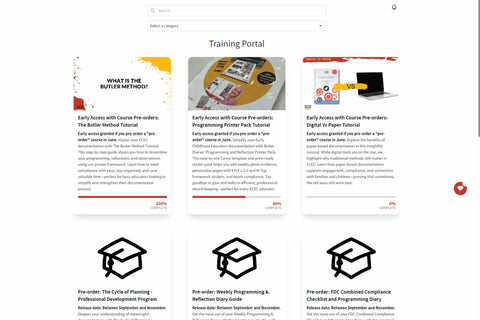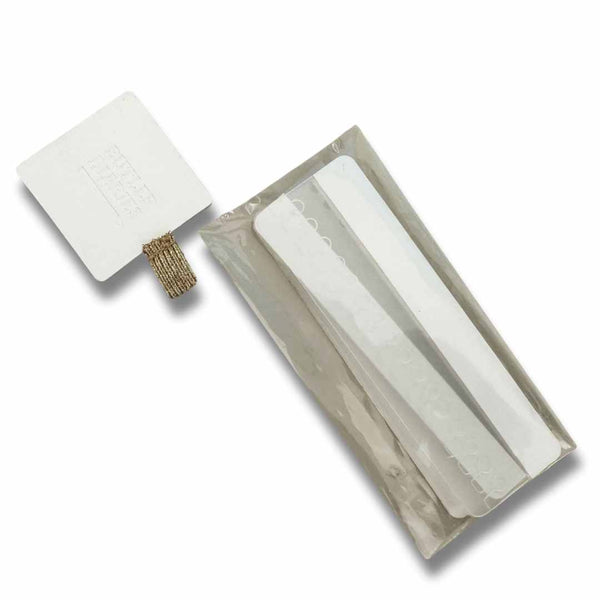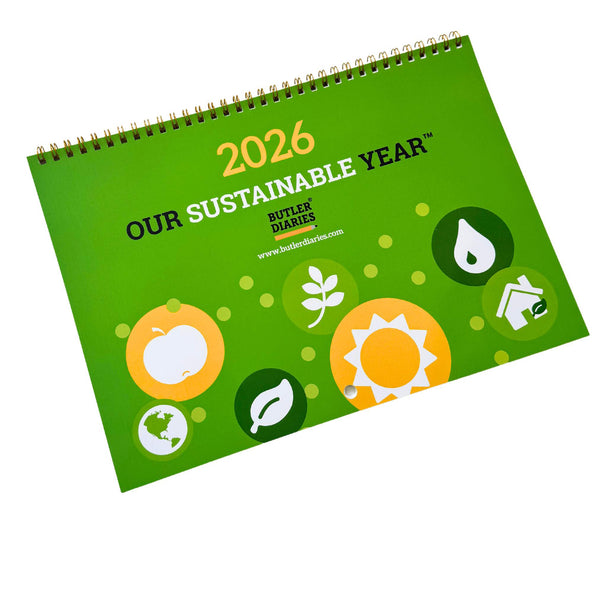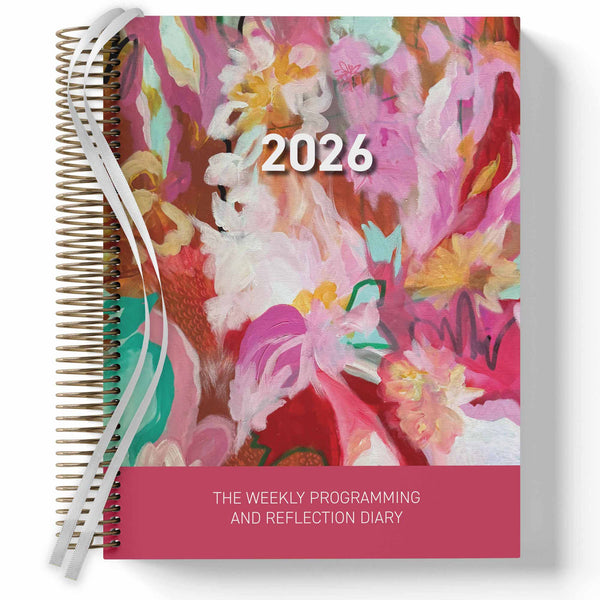Problem Solving
-
Question 4: "Tell us about a time when you had to complete a job with incomplete specifications. How did you proceed?"
-
Question 5: "Describe a situation where you identified a potential safety hazard on the job. What steps did you take?"
Problem-solving questions assess the candidate’s capacity to navigate job-site issues and safety concerns proactively.
Cultural Fit and Work Ethic
-
Question 6: "How do you handle conflicts with coworkers?"
-
Question 7: "What’s your approach to handling tight deadlines and pressure?"
-
Question 8: "What motivates you to do your best work?"
These questions explore the candidate's teamwork and stress management skills, crucial for maintaining a harmonious workplace.
Part 3: Practical Assessment
-
Skill Demonstration: Have candidates perform a task relevant to their trade. This could be a simulated scenario or a real-world task (with supervision).
-
Tool Proficiency: Ask candidates to demonstrate their familiarity with essential tools and equipment.
Part 4: Reference Checks
Contact previous employers or clients to verify work history, reliability, and the quality of workmanship.
Part 5: Making the Offer
Based on the interview and practical assessment, choose the candidate who best fits the job description and company culture. Ensure the offer includes clear terms of employment and any training or probationary periods. Don't forget to grab them a Construction Diary when they start so they can stay on top of their expectations.
A well-structured interview process for tradies not only ensures that you hire the most qualified person for the job but also significantly reduces turnover by verifying that new hires fit well within your team's culture and work environment. This careful approach to hiring can lead to increased productivity and a more positive workplace atmosphere. By incorporating these steps, employers can streamline their hiring process and set the stage for long-term success in their trades team.





















